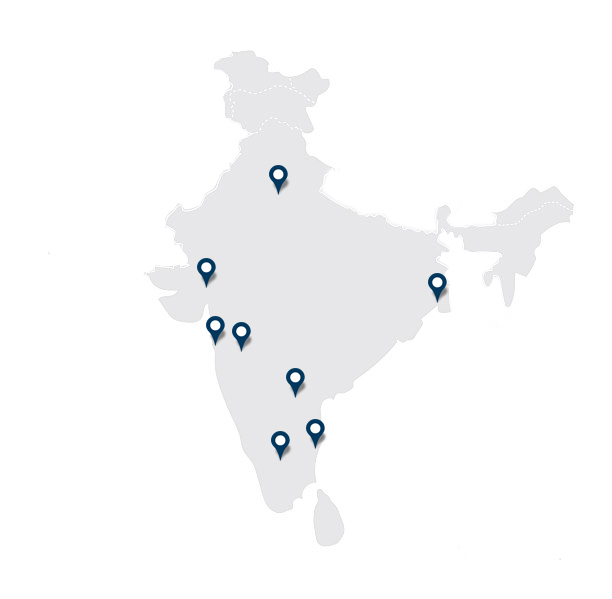



Plan Strategically from the Start:, Successful UK Master’s applications begin with detailed research—on courses, entry requirements, locations, deadlines and funding options. Tailoring your university shortlist and contacting course coordinators can offer real insights.
Craft a Standout Application: Gather essential documents like transcripts, CV, statement of purpose and references. Tailor each element to the course, ensuring clarity, honesty and coherence. Apply early where possible, proofread thoroughly and follow each university’s submission format.
Maximise Your Chances Post-Submission: After submitting, track your status through applicant portals and stay alert for emails requesting interviews or additional details. Understand the types of offers and respond on time. Finalise funding, apply for a visa and prepare for arrival.

Optimal Intake for Maximum Opportunities: The September/Fall intake offers the widest course selection across UK universities with higher acceptance rates and better scholarship availability. It aligns perfectly with the academic calendar, providing full access to orientation programmes and campus resources.
Strategic Application Timeline: Prospective students should begin preparations 8-10 months prior (October 2024) with final applications due by June 2025. Early planning accommodates test preparation (IELTS/GRE), document collection, and scholarship applications.
Competitive Edge with Challenges: While offering advantages like internship access and visa convenience, this intake demands early accommodation bookings and weather preparedness. Peak competition necessitates standout applications with strong SOPs and LORs.


Visa-Specific Score Benchmarks: UK student visas require minimum PTE scores of 43 for diplomas and 59 across all sections for degree courses. Work visas demand 59+ in each component, while PR applications need B1 level (43-50). Only PTE Academic UKVI results are valid for visa processes.
University Admission Thresholds: Top-tier institutions like Imperial and LSE require 67-75, while mid-ranking universities accept 58-65. Several reputable universities, including Glasgow and Westminster, admit master’s students with scores of 50-57.
Strategic Preparation Advantages:PTE’s computer-based format delivers results within 48 hours – significantly faster than IELTS. The test’s integrated skill assessment and AI scoring provide consistent evaluation, though candidates must master specific digital testing techniques to optimise performance. This quick turnaround can be particularly valuable when applying for different admission cycles, such as understanding the fall vs spring intake differences which may affect your application timeline.

Programme Diversity & Industry Links: UK MBA programmes offer 12-18 month intensive formats with specialisations in fintech, healthcare and sustainability. Top schools like LBS and Cambridge provide direct industry access through consulting projects with firms like Barclays and Unilever.
Financial Investment & Returns: Tuition ranges from £13,000-£90,000 with average post-MBA salaries of £65,000-£100,000. The Graduate Route visa allows 2 years post-study work, while scholarships like Chevening cover full costs for exceptional candidates.
Admission Flexibility: While top schools require 650+ GMAT and 3-5 years’ experience, 30% of UK MBA programmes waive GMAT for professionals with 7+ years’ experience. Work experience trumps academics at many institutions, with entrepreneurial achievements valued alongside corporate roles.





Delhi, Ahmedabad, Bangalore, Chennai, Hyderabad, Kolkata, Mumbai, Pune, Chandigarh